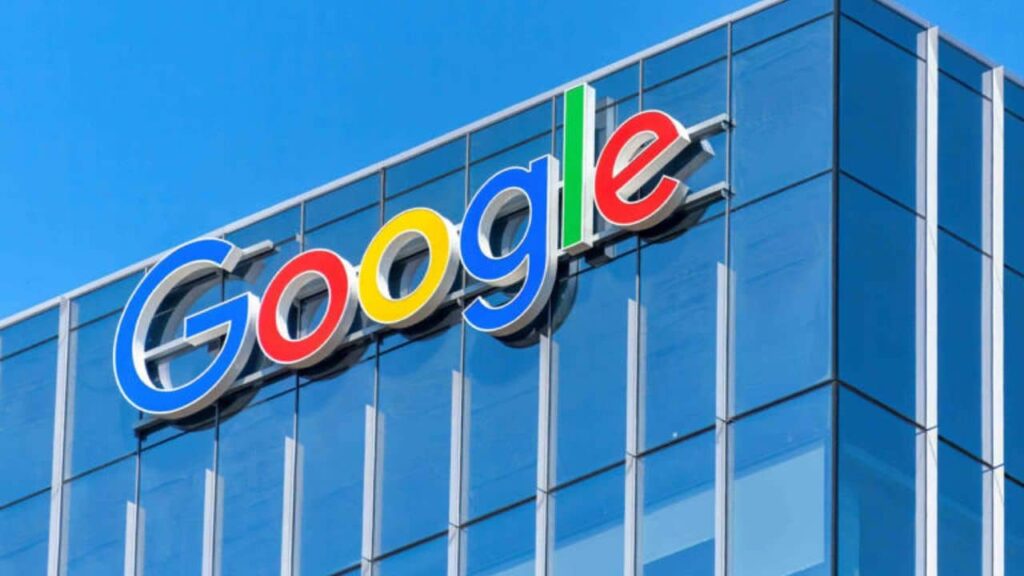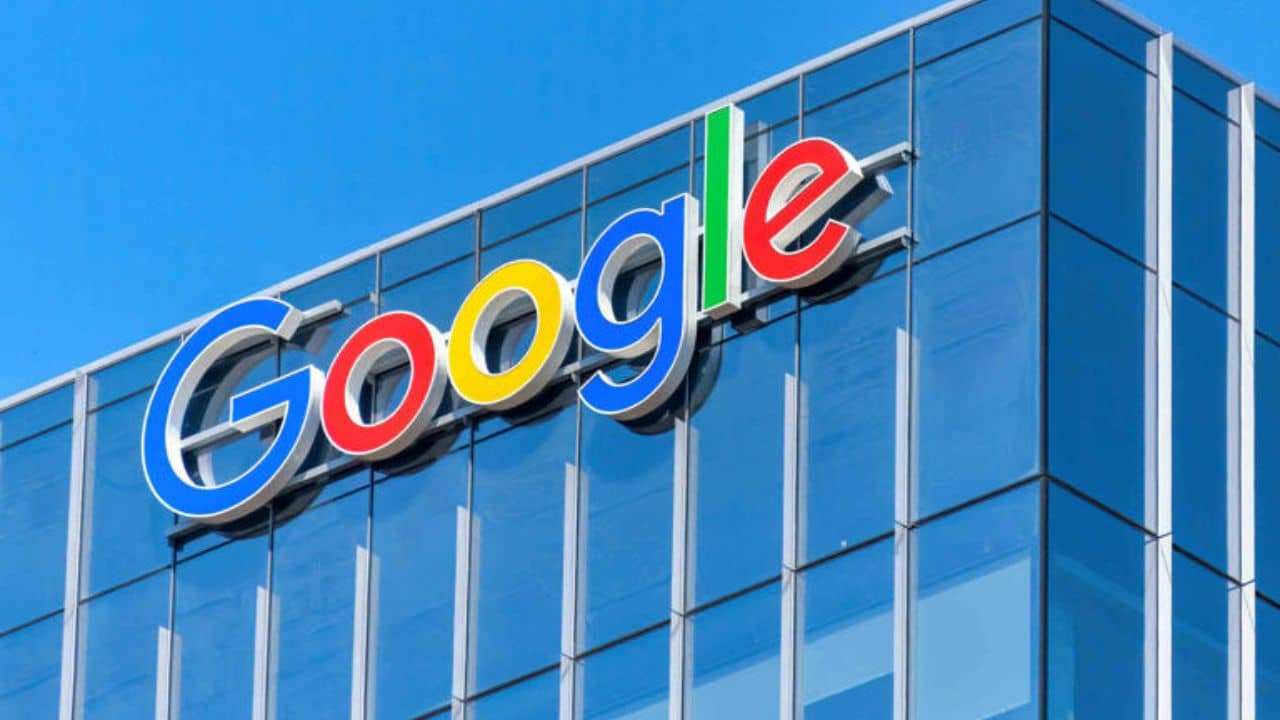Google breakup, U.S. government vs. Google, Google monopoly, antitrust regulation, big tech scrutiny, DOJ Google case, Alphabet antitrust, tech industry regulation, Google search dominance, big tech legal battles
Explore the potential implications of the U.S. Department of Justice’s consideration to break up Google following a federal court’s ruling on its monopoly over the search market. This in-depth analysis examines the possible outcomes, legal challenges, and broader effects on big tech regulation.

Could the U.S. Government Break Up Google After Monopoly Ruling? An In-Depth Analysis
The United States government, through its Department of Justice (DOJ), is reportedly contemplating a significant move that could potentially reshape the tech industry: breaking up Alphabet Inc.’s Google. This consideration comes on the heels of a federal court ruling that determined Google has maintained an illegal monopoly over the search market. The implications of this case are vast, not only for Google but also for the broader landscape of antitrust regulation in the technology sector.
The Monopoly Ruling: Background and Context
The roots of this potential breakup stem from ongoing concerns about Google’s dominance in the search engine market. Google controls an overwhelming share of the global search market, with estimates suggesting it holds over 90% of the market share in the U.S. This dominance has allowed Google to exert considerable influence over the internet economy, from advertising revenue to data collection, and has led to growing scrutiny from regulators worldwide.
The federal court’s decision that Google maintains an illegal monopoly is the culmination of years of investigation and legal challenges. The ruling asserts that Google’s practices, particularly its agreements with other tech companies like Apple, have unfairly limited competition, effectively stifling rivals like Microsoft’s Bing or newer entrants like OpenAI’s SearchGPT.
Potential Remedies: Breaking Up Google and Other Options
The DOJ is reportedly considering several remedies to address Google’s monopolistic behavior, with the most drastic option being the breakup of the company. This would entail separating Google’s search business from other aspects of its operations, such as its advertising technology or YouTube, in a bid to reduce its market dominance and foster competition.
However, industry analysts, particularly from Wedbush Securities, have expressed skepticism about the likelihood of such a drastic measure being implemented. They argue that breaking up Google would be a “stretch” and that the legal and logistical challenges of such a move would likely result in the case being tied up in courts for years. The complexity of dismantling a tech giant like Google, which is deeply integrated into various aspects of the internet, would pose significant challenges, both legally and operationally.
Other Possible Outcomes
If the breakup is deemed too extreme or unfeasible, the DOJ could pursue other measures to curb Google’s market power. These could include imposing fines, which have been a common remedy in similar antitrust cases in the past. However, fines alone may not be sufficient to alter Google’s market behavior or reduce its dominance.
Another potential remedy could involve forcing changes in Google’s distribution agreements. For instance, Google currently pays billions of dollars to companies like Apple to ensure that Google is the default search engine on devices like the iPhone. A ruling could potentially force Google to alter these agreements, perhaps requiring that users be given a choice of search engines during device setup, rather than defaulting to Google.
Such a change could provide a significant boost to Google’s competitors, like Bing or the recently launched SearchGPT by OpenAI, by leveling the playing field. It could also impact companies involved in these distribution agreements, like Apple, which benefits financially from its arrangements with Google.
The Impact on Big Tech and Antitrust Regulation
The outcome of the Google case is likely to have far-reaching implications for the broader technology sector, particularly in the realm of antitrust regulation. For years, big tech companies like Google, Apple, Amazon, and Facebook have faced increasing scrutiny from regulators and lawmakers over concerns that their dominance stifles competition and harms consumers.
The Google case is being closely watched as a potential precedent-setter for how the U.S. government may approach antitrust regulation in the tech sector moving forward. Should the DOJ succeed in imposing significant restrictions on Google’s operations, it could embolden regulators to pursue similar actions against other tech giants.
In fact, the DOJ is already investigating other major players in the tech industry. Apple is under scrutiny for its App Store practices, which some argue create unfair barriers for app developers and limit competition. Nvidia is also being examined in relation to its acquisition of Arm Holdings, with concerns that the deal could give Nvidia an unfair advantage in the semiconductor market. Meanwhile, the Federal Trade Commission (FTC) continues its investigation into Microsoft, particularly in light of its growing influence in the gaming industry and cloud computing.
The Road Ahead: Challenges and Considerations
While the prospect of breaking up Google may be a powerful symbolic gesture against monopolistic practices, the practical realities of such a move are daunting. A breakup would require not only a legal victory by the DOJ but also a carefully managed process to dismantle a company that is intricately woven into the fabric of the internet.
Moreover, the case could take years to resolve. Google has already indicated that it plans to appeal the monopoly ruling, which could drag the case through multiple layers of the court system, potentially all the way to the Supreme Court. During this time, Google would continue to operate largely as it does today, albeit under the shadow of ongoing legal challenges.
For investors and stakeholders, this drawn-out process introduces a significant degree of uncertainty. Alphabet’s stock, which has seen considerable growth this year, was down 3.7% following the news of the potential breakup. This reflects broader concerns about the impact that prolonged legal battles and potential regulatory changes could have on Google’s business model and profitability.
The Global Perspective: Antitrust Challenges Beyond the U.S.
While the current focus is on the U.S. government’s actions, it is important to recognize that Google faces similar challenges globally. The European Union has been particularly aggressive in pursuing antitrust actions against Google, imposing hefty fines and demanding changes to its business practices in areas ranging from search to digital advertising.
These international cases further complicate Google’s legal landscape. Even if Google were to successfully defend itself in the U.S., it could still face significant regulatory pressures and financial penalties abroad. The global nature of Google’s business means that it must navigate a complex web of regulations, each with its own set of challenges and implications.
Conclusion: The Future of Google and Big Tech Regulation
The possibility of the U.S. government breaking up Google represents a significant moment in the ongoing battle over big tech’s influence and power. While a breakup remains an unlikely outcome according to many analysts, the mere consideration of such a move underscores the seriousness with which regulators are approaching the issue of monopolistic practices in the tech industry.
As the case against Google unfolds, it will likely serve as a bellwether for how other big tech companies are treated by regulators in the future. The outcome will not only shape the future of Google but also set a precedent for how antitrust laws are applied to technology companies in an era where digital platforms play an increasingly central role in the global economy.
For now, the tech industry remains in a state of flux, with companies, regulators, and investors all watching closely to see how this and other cases will unfold. The balance between fostering innovation and ensuring fair competition is a delicate one, and the decisions made in the coming years will have lasting implications for the tech industry and the broader economy.
In the end, whether through a breakup, fines, or other regulatory measures, the actions taken against Google will be a defining moment in the ongoing effort to regulate big tech and ensure that the digital economy remains open, competitive, and fair.
Read More
